If you’re just starting your search for CBD products, you’ve no doubt noticed there exist major price differences. Like most people, you’re probably willing to pay for a quality product, but you don’t want to pay an unnecessary premium.
Is there really a difference to justify the higher price tag? In a word, yes, and in a big way.
To understand why one brand can cost two or three times that of another, it’s important to understand the regulatory climate under which these products are manufactured.
Under current regulations, much (some would say practically all) of the government’s attention is paid to the THC content of the plant from which the CBD is derived. As most people know, THC (tetrahydrocannabinol) is the naturally-occurring chemical that delivers a “high” in marijuana. In order for products to be derived and manufactured from hemp, such as CBD, federal guidelines require the THC in the plant to be at or below 0.3 percent.
Beyond that, there are surprisingly few regulations manufacturers are legally bound by, including labeling guidelines and manufacturing transparency. So rather than pay for things like independent testing and verification of purity, the companies looking to make a fast buck maximize profits by skipping these steps and charging less to a public that is none the wiser. The worst thing is the consumer can’t be exactly sure what’s in their products, much less if they have been engineered to be properly absorbed and therefore deliver the advertised benefits.
There’s generally a good reason for a higher price tag when it comes to a CBD product because it usually represents additional steps in the manufacturing process. A CBD product that covers the broad spectrum of naturally occurring cannabinoids, or that has been independently tested for purity, or that has been engineered to have zero THC will cost more than products that haven’t because of these additional processes. The payoff is that these additional steps make the product safer.
As with most things, it’s essential to do your homework when purchasing CBD products. Some things to look for:
• Are the products tested by a third-party lab for potency?
• Have the products undergone a nano-emulsion process, necessary for proper absorption?
• Are the products certified to have zero residual solvents?
• Is the product free of parabens, artificial dyes or mineral oil?
• Is the product manufactured in a GMP or FDA Certified lab?
Unfortunately, it’s very difficult in most cases to get simple answers to questions about the steps a company has taken (or more often, has not taken) in the manufacture of their products. Due to the current lax labeling requirements, manufacturers can say just about anything they want about their products. Only the most scrupulous companies provide complete transparency such as batch numbers and end-by dates. Again, this comes at a cost but a cost most people would agree is well worth paying.
The old adage “You get what you pay for,” springs to mind at this point, as does caveat emptor: “Let the buyer beware.”
Read original article here

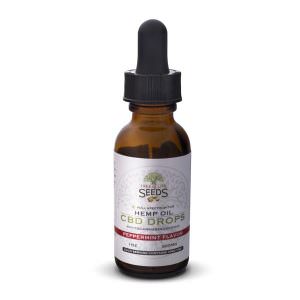
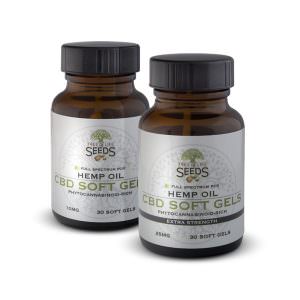
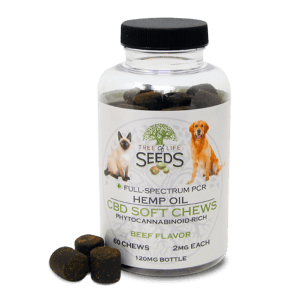
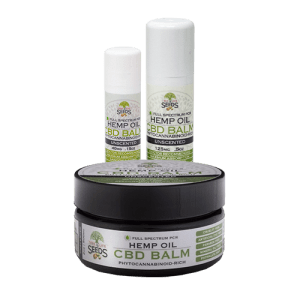
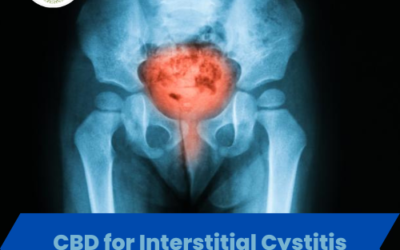

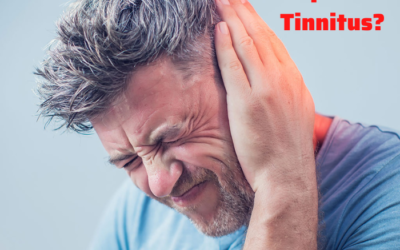
0 Comments